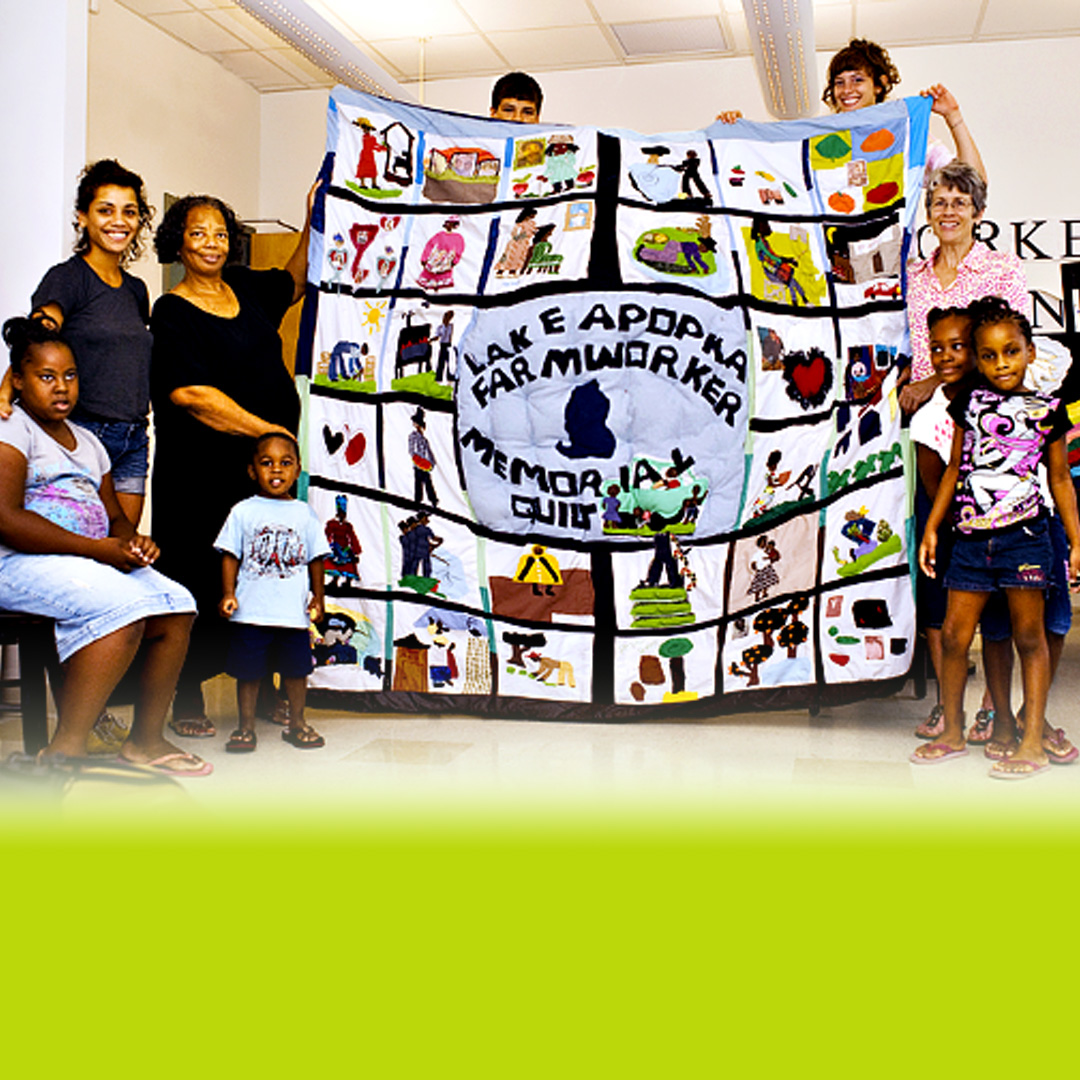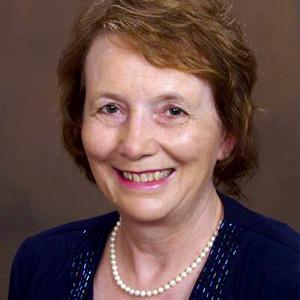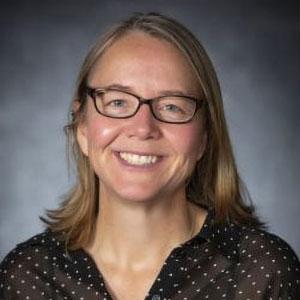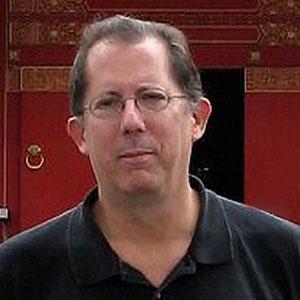Contaminants of Concern for Human and Environmental Health

WHEN
Thursday, December 3, 2020
11:00 a.m. to 12:00 p.m. (Pacific Time)
LOCATION
Online
PRICE
Free
Check out this video to watch the Toxicology and Societies: The Impacts of Chemicals in our Lives.
Please join us for the next speaker in our series on Toxicology and Societies: The Impacts of Chemicals in our Lives. Dr. Nancy Denslow, a professor in the Department of Physiological Sciences and in the Center for Environmental and Human Toxicology at the University of Florida, will talk about the use of pesticides in Florida. She will present on linkages between pesticide exposures and chronic diseases like lupus.
Our vision in developing this series was to support a better understanding of something that affects all of us. There are over 300,000 chemicals being produced and used in almost everything we wear, eat, and drink. How can you ever hope to understand when and where you or your family might be at risk from some of these chemicals? The short answer is, you can’t know everything about all of these substances, but you can learn more about how toxicology (the study of toxic substances) affects you and your society.
This seminar series aims to help you better appreciate, understand, and evaluate the many ways that manufactured chemicals interact with all humans on Earth.
More information about the speaker series is available here.

Dr. Nancy Denslow
Speaker
Nancy Denslow is a professor in the Department of Physiological Sciences and in the Center for Environmental and Human Toxicology at the University of Florida. She received her Ph.D. from the University of Florida in Biochemistry and Molecular Biology. Nancy has pioneered the use of molecular technologies for environmental toxicology especially focusing on high throughput in vitro assays, biomarker development and toxicogenomics approaches for evaluating contaminants of emerging concern. She has specialized in assessing the effects of organochlorine pesticides and endocrine disruptors that are found at relatively high levels in the environment. Nancy has over 250 peer-reviewed publications. She has received several awards for her research including the Founders Award from the Society of Environmental Toxicology and Chemistry. In addition to this society, she is also a member of the Society of Toxicology, and the Association of Biomolecular Research Facilities, a society devoted to the “OMICS” technologies. Nancy’s research has received funding from EPA, NSF, USGS and NIH.

Ruth Sofield
Co-Host
Ruth Sofield is a Professor of environmental toxicology and chemistry in the College of the Environment. She received her PhD and MS in Environmental Science and Engineering at the Colorado School of Mines. Ruth’s research group focuses on the effects of water and air pollution. Their current projects include the aquatic toxicity of microplastic and tire wear particles, and the use of moss as a biomonitoring tool for particulate matter. Ruth is a member of the Puget Sound Partnership Science Panel and the President of the Pacific Northwest Society of Environmental Toxicology and Chemistry.

Tracy Collier
Co-host
Tracy Collier received his PhD in Fisheries Sciences from the University of Washington. He has worked for over 45 years as a toxicologist, with more than 35 of those years spent at NOAA’s Northwest Fisheries Science Center, where he served as the director of a science division that employed up to 100 people, covering several disciplines, including environmental toxicology, analytical chemistry, harmful algal blooms, and watershed processes. He has over 175 scientific publications, and currently is an affiliate faculty at Western.
Questions
Contact the WWU Alumni Association for this event. Feel free to call at 360.650.3353 or email at alumni@wwu.edu if you have any questions or comments.
WWU is an equal opportunity institution. There will be auto-captions available for this event. To request closed captions, please mark the request on the registration form. Advance notice of three days to one week is appreciated.